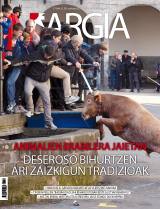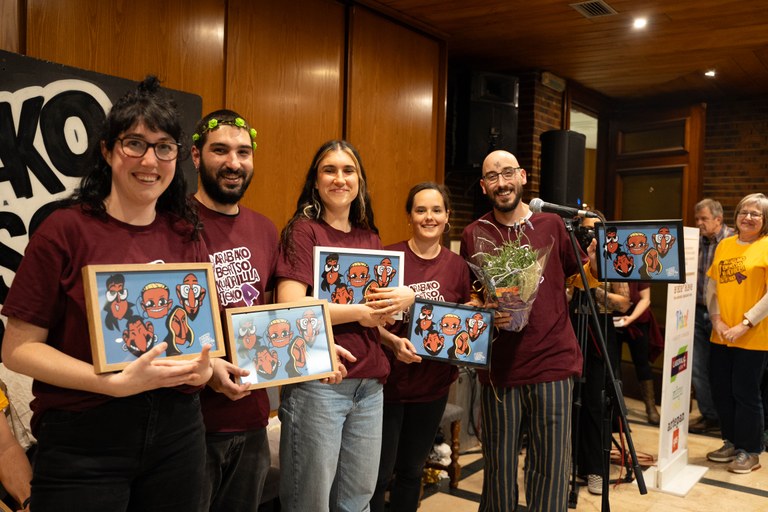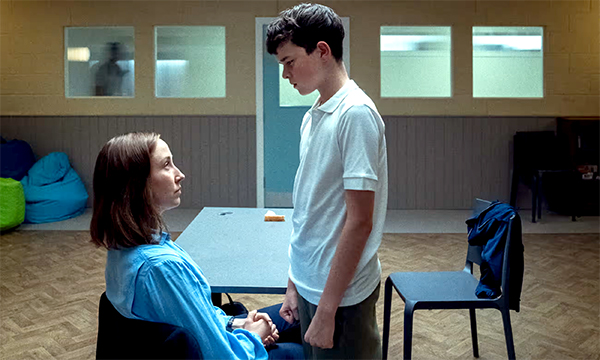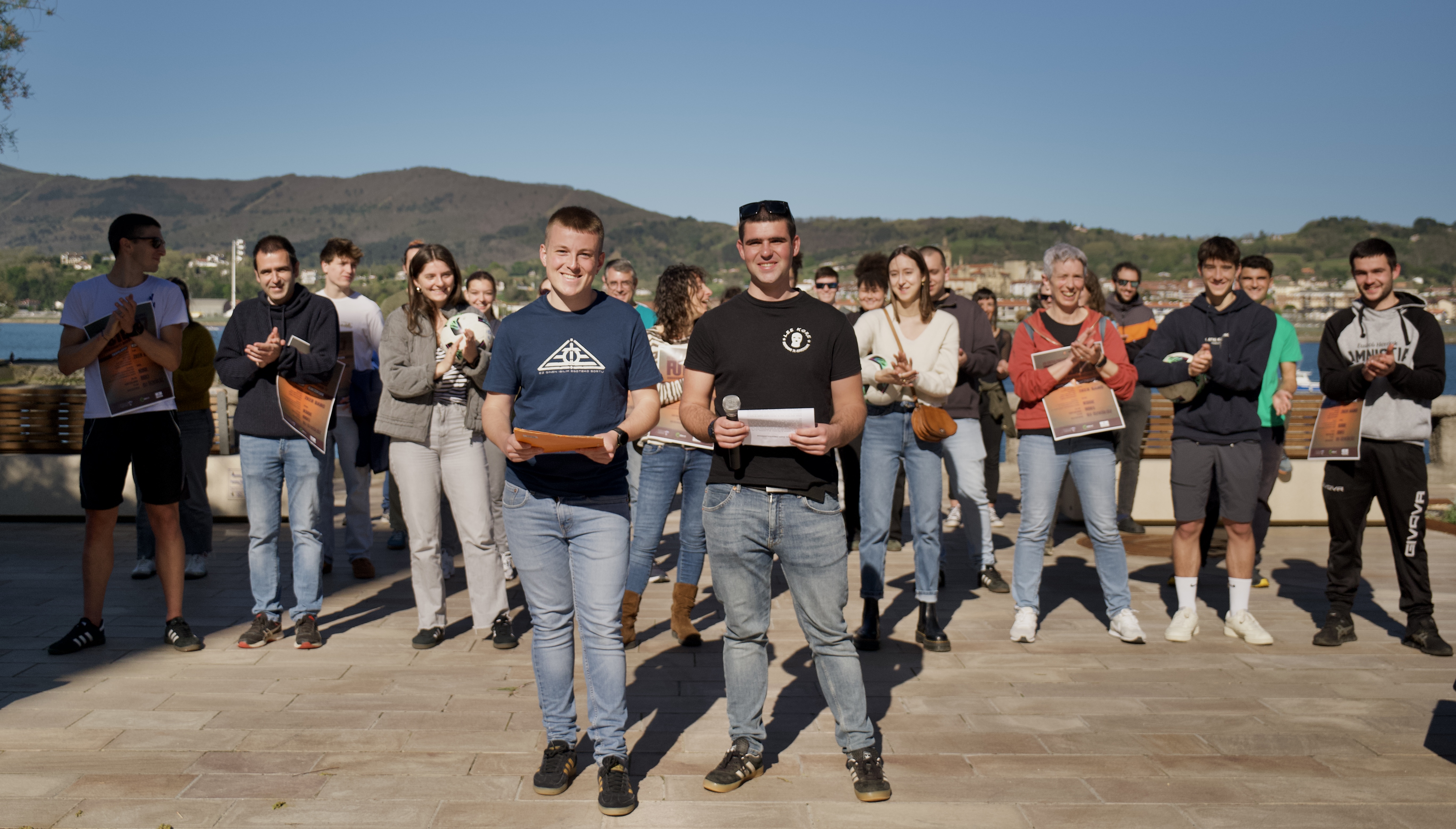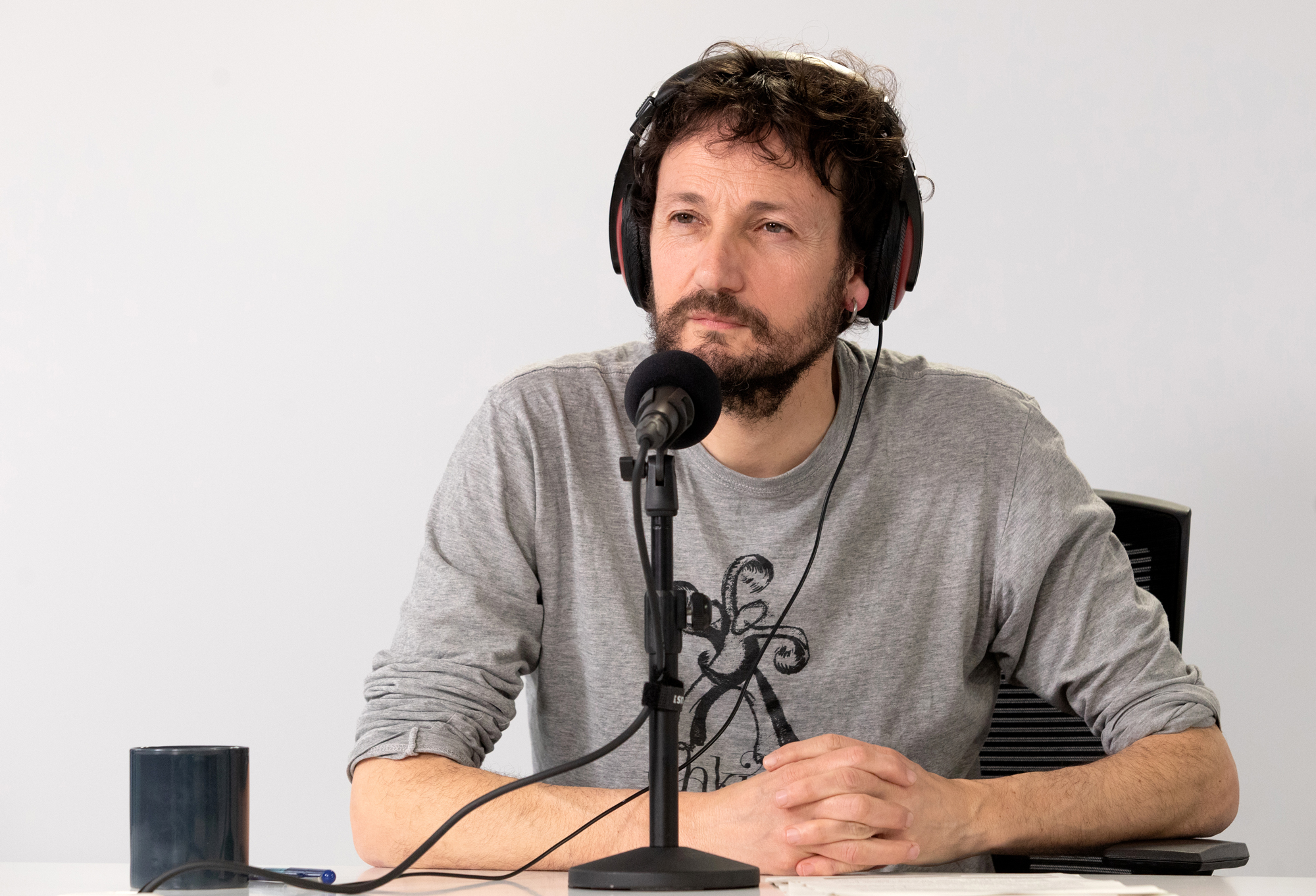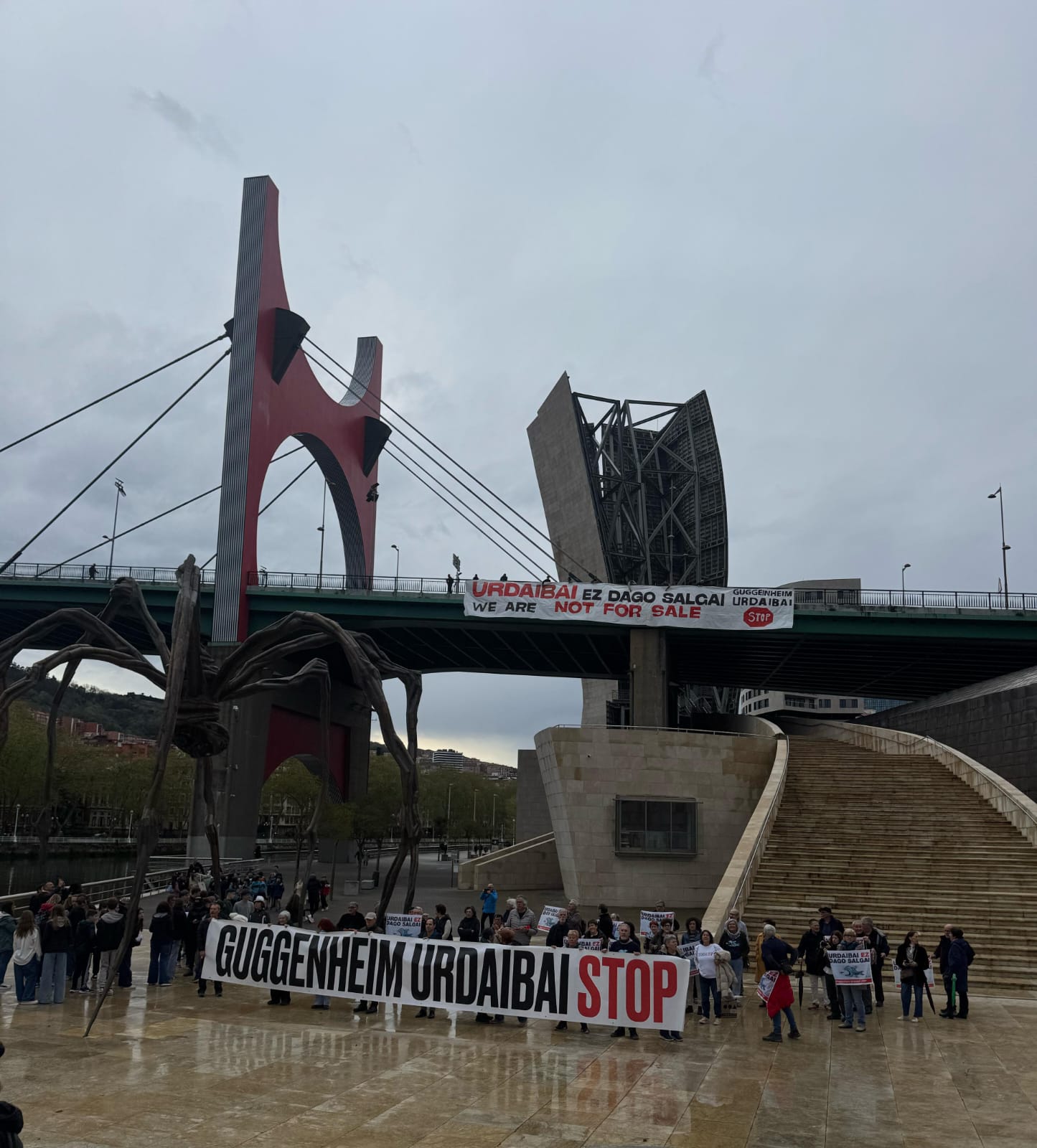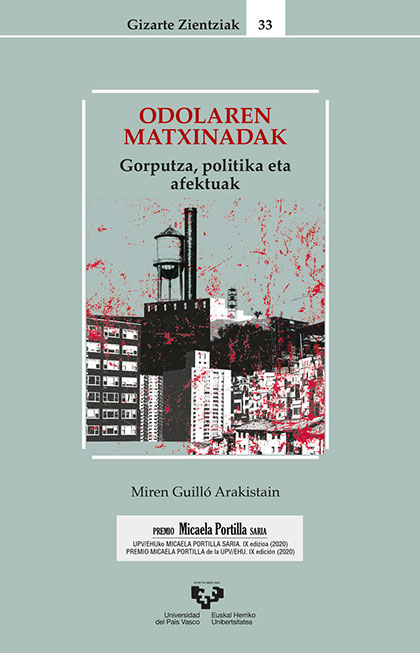"Like other arts, stories arouse emotions."
- Koldo Amsoy is from Arruet-Sarriko, who has been telling stories for over 30 years. Telling stories at full speed, what he loves most in this trade is to keep the eyes and ears of each listener on. It is not disputed on every occasion how reception is, but it is not unknown, because it knows the reason: “Everyone has their own way of listening, their own way of taking words, their own way of laughing.”

By sewing words, you're creating stories.
The world of the story is, above all, that of the image. They're words, of course, but words ignite images. That's what accounting is all about. Every language has its own riches. You learn, you work. I mean the personal, the Basque and the French, and I love to speak both languages. The Basques say that you see that in Basque I am calmer, because in the end I have more resources. But, at the same time as I enrich the story, I enrich my knowledge in both languages.
What is your goal when it comes to telling a story?
I love walking, I work with a pandero, I count at a rhythm. In the background, even without a panderet, the same word has rhythm. Keep that pace, keep people alert, keep attention, gaze and attention on... That's my goal. Always very intense, I like that intense relationship. We have the free text, it is a very free exercise. Suppose we can begin to touch the church bells and introduce that rhythm into the story; we can also integrate an exactly the same class movement. We have the possibility of being in and at the same time out of history; our word is situated in universality and we can use the one around us.
What's the role of the story?
I am addressing adults in particular. Like other arts, stories awaken us with emotions. I don't think we make a feat, but in the listener we get something up, we move their bowels: dreams, travels, but also bad things in the arts ... It also serves to learn from life (birds, trees, old words...). The people of my stories are called Ibarxola. “In Ibarxola it is said like this…”, for example, I can make some lessons, giving you synonyms of local words.
What is Ibarxola like?
It's a small town. A river stands in, it's also a bridge, the town square. There are many houses and each has its own story. It's a spectacularly assembled village. Ibarxola belongs to everyone, with characters and stories from Euskal Herria.
Do you use the story to remember some values?
Yes, but in a hurry, I don't want to be too heavy. I am referring above all to nature and to relations between people. I send out a message, slightly, it's not a manifesto; some listen, others don't. But marking something seems important to me, even if it's slightly, for example, with symbols through images.
After 35 years, the audience can also change.
Here at Iparralde we are very bad, our art is more voracious than mendrea. We've set up a show and we've got about 40 people, it stays there. The story is not a success in bertsos, dance or music. People don't know this art, they don't know what it is to be a storyteller... Anyway, you can't explain, you have to live directly. The situation is miserable in the North. In the south, on the other hand, young people are approaching, and in France, too, they are approaching. That is why some of them start professionally, but very few of them here. And it's not a language issue, not even in French will the people here call us. Or very sad, and yes, I guess yes, I'm wild and I don't sell myself professionally. That is a mistake for the Basques: “Doing a good gas, but not knowing how to sell!” [smiling]. In Iparralde it is very difficult and in the end, I have made my way in the South and out. It's a Sunday because it doesn't appear, people don't know there's a story and no young narrator comes out.
You've been telling stories all over the world. The ear is different everywhere.
The audience is different. For example, in Quebec, adults are big kids, they take the story completely. But it's not always clear what kind of reception there is; they're there, they're listening, but you don't know what the answer is. In France itself, regions have a different mood. But each one has a way of listening, a way of taking words, a way of laughing their own. We have to look after our relationship with the public. Sometimes self-censorship can occur, precisely, to take care of them.
Make a maze in your last show.
I've changed my way of working: the priority is not so much counting, but telling the listeners' words. The music is by Jean Christian [Irigoien, Galtxataburu]. When you get out of there, everyone has to tell something, whether it's good or bad, an anecdote ... It's more participatory. People are not stupid, they have to tell and say it. It's not a show, we give people the opportunity to say or do something.
“Bakartia eta lotsatia nintzen. Dena gaizki! Baina gaizki horrek eman zidan oholtza gaineko arteei lotzeko ausardia. Ipuina ezagutu nuen marioneten bitartez. Horrela eneganatu nuen jendeen aitzinean lasai izateko ahala. 1983an euskal kontalari gisa gomitatu ninduten Dordoinako Conteurs du monde festibalera. Mundua deskubritu nuen: kontalariak nor ziren, zer kontatzen zuten, norentzat ari ziren, ipuina helduentzat ere izan zitekeela...”.
Perhaps we could say that this text is the result of an appraisal meeting. However, valuation meetings often leave a dry and bittersweet taste in the mouth. It's a sunny Tuesday afternoon. 16:53. We've connected to the valuation meeting, and we've decided to put a lemon candy in... [+]
I'm talking about Interview. With water and sand
Authors: Telmo Irureta and Mireia Gabilondo.
The actors: Telmo Irureta and Dorleta Urretabizkaia.
Directed by: Assisted by Mireia Gabilondo.
The company is: The temptation.
When: April 2nd.
In which: At the Victoria Eugenia... [+]
On March 7, the 150th anniversary of the birth of Maurice Ravel, the best Basque composer of all time. And in LA LUZ a tribute was paid to this composer, recalling the influence of the famous Bolero on the collective imagination.
By chance, Deutsche Grammophon has just released... [+]
Odolaren matxinadak. Gorputza, politika eta afektuak
Miren Guilló
EHU, 2024
Miren Guilló antropologoaren saiakera berria argitaratu du EHUk. Odolaren matxinada da izenburu... [+]









